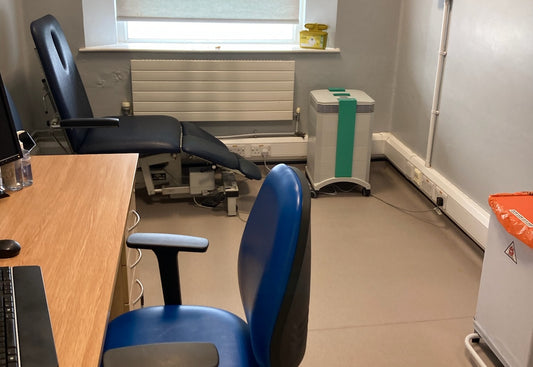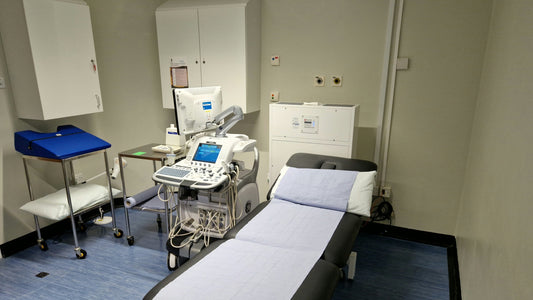There are hundreds of chemicals in use in most workplaces that have the potential to harm your health. So it is worthwhile to take a closer look at the most common respiratory hazards in the workplace. You might come across workplace related air contamination in the form of dust, fibres, fumes or liquids and you should be aware of the legal limits on air pollution. Industrial chemicals often cause the most harm by inhalation or skin contact and the damage to your health can be immediate (a splash of acid causing a skin burn, for instance) or long term (mesothelioma - deadly cancer caused by breathing in asbestos fibres). It is therefore important to know how to protect people from respiratory, and other hazards, in the workplace.
In the UK, we have workplace exposure limits (WELs) which are set under the Control of Substances Hazardous to Health (COSHH) regulations. WELs are concentrations of hazardous substances in the air (measuring in milligrams per cubic metre or parts per million) beyond which the employee should not be exposed. WELs are averaged over a period of time and both long term (eight hours) and short term (15 minutes) exposures are specified. Prevention (keeping levels below the WEL) is achieved by employers in three ways:
- Change the process so that the hazardous substance is no longer used.
- Replace the hazardous substance with a safer alternative (this is one of the main focus areas in green chemistry which aims to transform many industrial processes so that they are more human and environment-friendly).
- Enclose the process, or provide other appropriate protection measures such as certified air purification systems, so that people are protected.
There are hundreds of chemicals which have WELs and if a substance does not, do not assume it will be safe. Sometimes we just don’t know enough about a particular chemical and its effects on the human body so it's always best to be on the safe side and minimise exposure. An employer has to do whatever it takes to remove hazardous, or potentially hazardous, substances from the air in the workplace. After all, no-one wants to be the cause of employee illness or death or to be subject to legal proceedings because insufficient protection was given. And, of course, the employee must play their part. Employees must follow the given safety rules. There are a great number of options to create a safe indoor environment, and Commercial Air Filtration works with the leading manufacturers to provide you with the best commercial air cleaning solutions.
If you do not take the right precautions and there is a problem in regard to health issues in the workplace, the Health and Safety Executive (HSE) can investigate. Here are three case studies to show how air quality issues have been solved with HSE intervention:
1. Welders at Work
Welding fumes can cause various lung problems, including Chronic Obstructive Pulmonary Disease (COPD), bronchitis and (rarely) asthma. A HSE inspector visited a welding company in Birmingham and found there were no proper measures in place for particulate pollution control to protect workers from the fumes. The management was asked to find ways of reducing exposure, but this was not done. So the company was served with a notice requiring them to do this work. At this point an adequate air purification systems were fitted to all the welding benches and the issue was resolved.
2. A Baker with Asthma
A maintenance fitter aged 54 had worked at a bakery for about 22 years. He was a non-smoker who had no history of asthma prior to this job. He complained of breathlessness, wheezing and coughing. His condition had been getting worse for 15 years and he found his symptoms improved when away from work. Tests revealed an allergy to flour dust. Management then made sure he worked away from the most dusty areas, issued him with an air cleaning device, and also improved overall air quality in the workplace. Two other workers with flour allergy have been identified in this bakery - and they are in better health, perhaps because their problem was discovered earlier.
3. Soldering Problem
Soldering fumes can cause breathing difficulties and this was so for an employee at a large company in Gloucester who developed occupational asthma. The company was found not to have adequate control measures in place. They delayed replacing rosin-based solder (the source of the problem) with rosin-free solder for a considerable length of time. HSE fined the company £100,000 plus £30,000 costs for this breach, and they were subject to considerable adverse publicity.
Maintaining good indoor air quality and protecting employees from the dangers of air pollution should be a priority for all businesses. If you would like to improve your air quality or have a particular air pollution concern, call us any time for a free expert consultation at 020 3176 0524.




